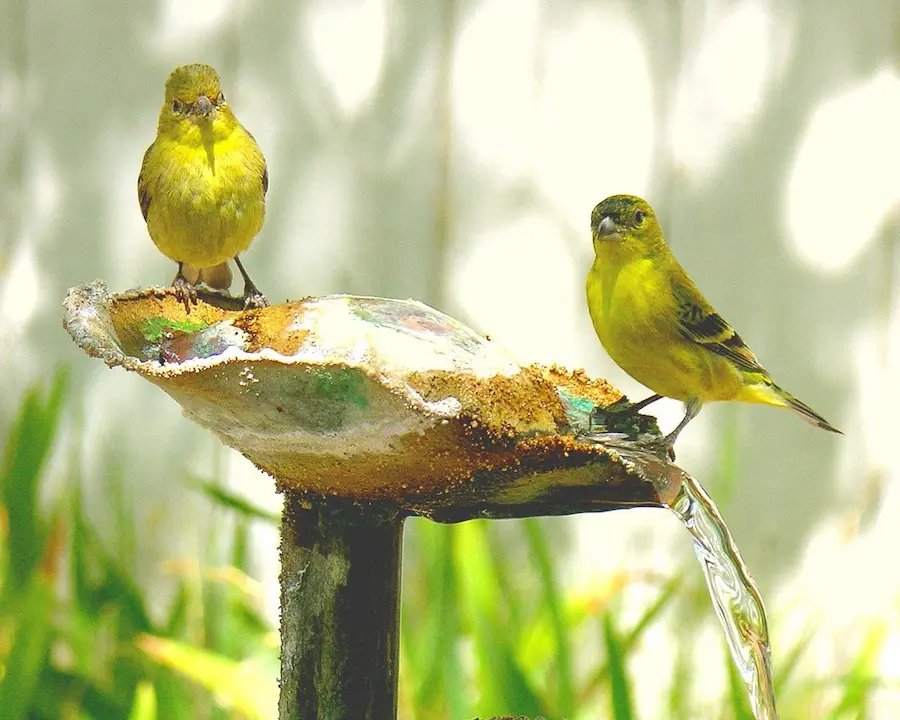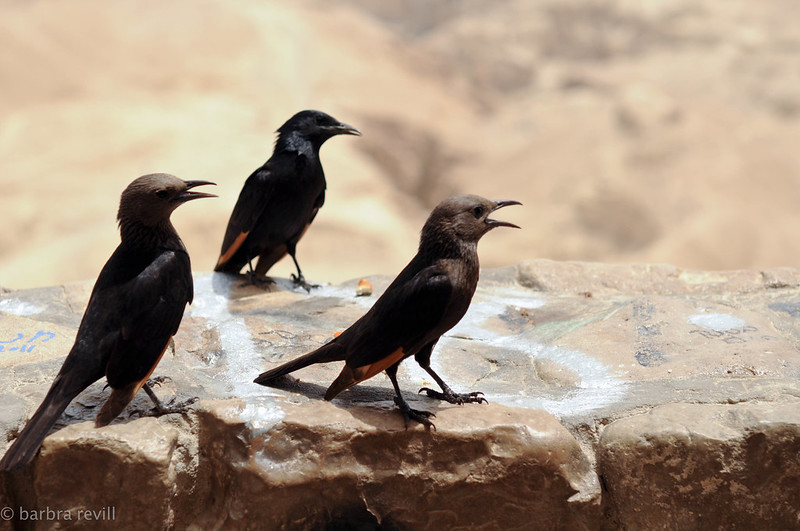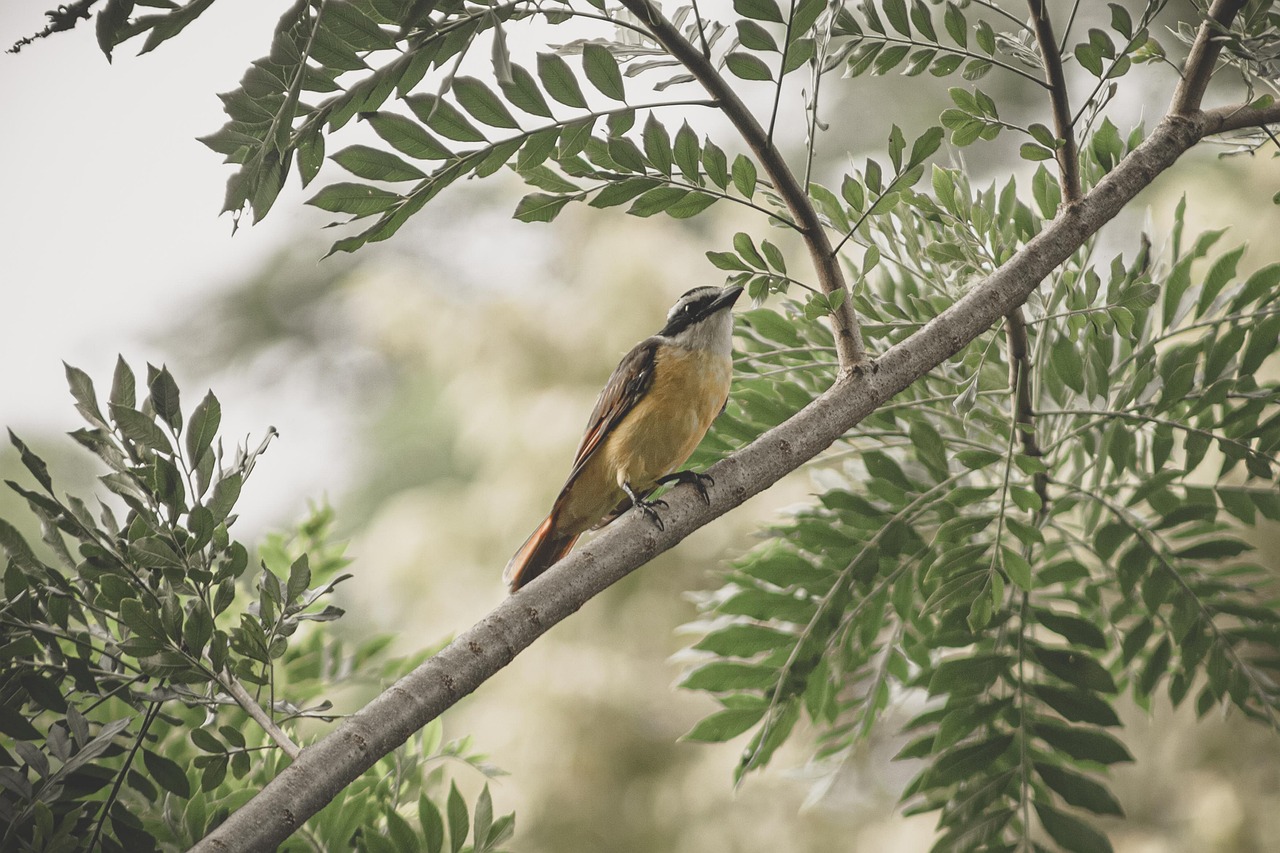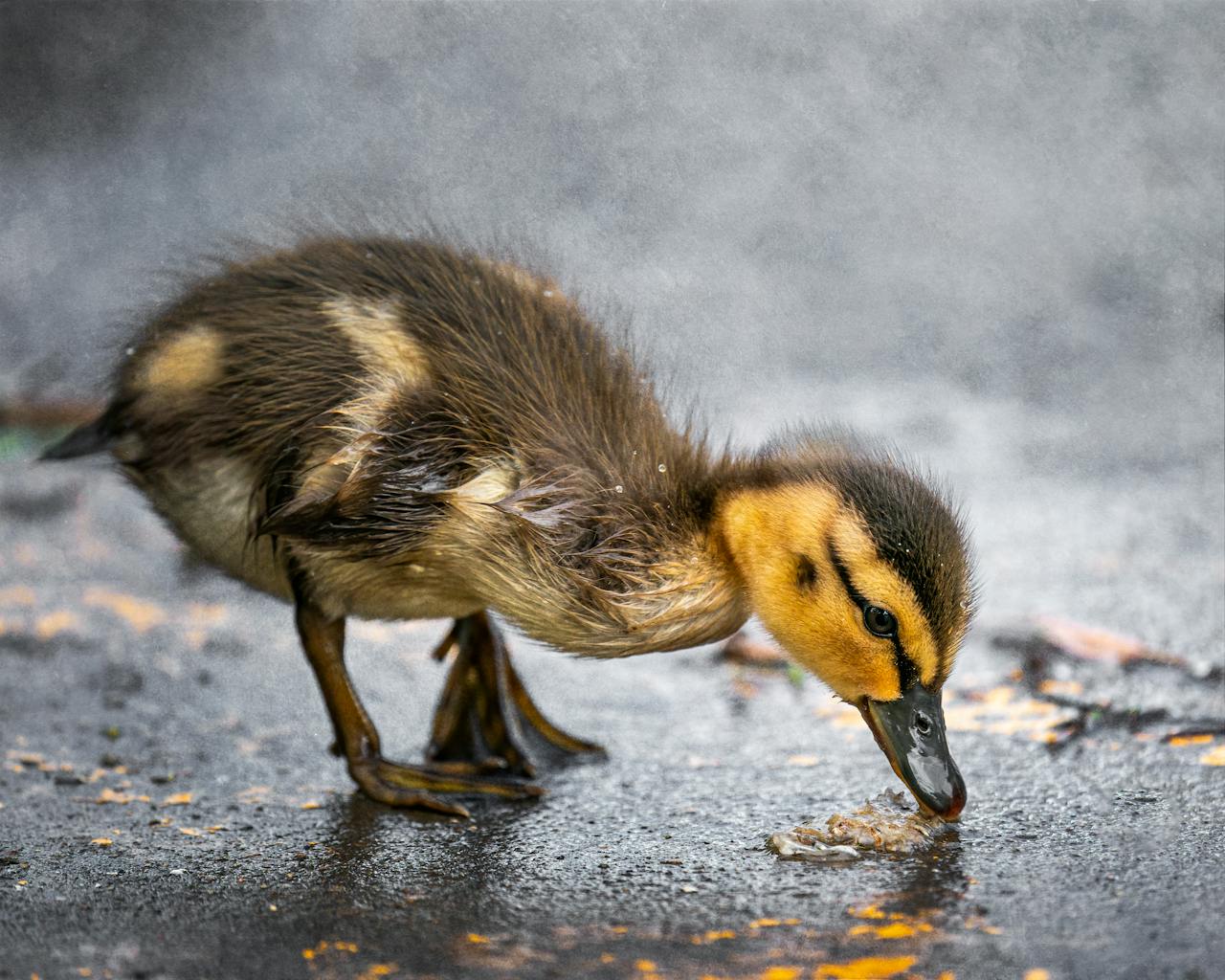Canaries are considered “soft billed” birds and they do not have teeth. Their gizzards, which are located in their stomachs, help the bird break down the food. Grit is essential for canaries and other soft billed birds because it helps them digest their food more quickly and efficiently. If a canary is low on grit they may regurgitate their food or have difficulty eating it at all.
Grit provides a surface for the canary to grind up its seeds so that it can be digested properly. The digestive system of a canary and other soft billed birds does not have teeth to break down food so it relies on grit to help with this process. Grit is also very important for canaries and other soft billed birds because it contains calcium. Calcium helps keep a bird’s bones strong and healthy as well as helps the female lay eggs that are firm rather than runny or soft shelled eggs.
All birds need grit in their diet. Grit is made up of small pieces of gravel, quartz and shells which are ground into a powder in the bird’s gizzard. Grit helps with digestion and the breaking down of food. Birds eat insects, seeds and fruit which can be hard for their bodies to break down without grit.
How Do I Use Bird Grit?
The best way to start using Bird Grit is to get a few different grits and grinders. We don’t want you to think about the grits, we want you to think about birds. The grits are just the tools.
Each grit can be used for a different job in your yard. First, though, you need to know what jobs they’re suited for. Here are the four main uses:
Scrubbing out debris or grime around trees and roots (e.g., removing bark chips, cleaning out gutters).
Scrubbing away bits of soil that have worn through tree bark (e.g., removing fallen leaves or scouring out rotted roots).
Preventing holes in trees (e.g., repairing split trunks or giving new life to injured trees by sealing off wounds, preventing decay and stopping wood rot).
Keeping paths and patios clean (e.g., removing tree sap and all that other gunk from between flagstones and paving slabs).
How Often Should Canaries Have Grit?
Canaries need grit every day because it helps them digest food, and your canary may also enjoy using it for bathing and as a source of calcium for egg production. Canaries also love to chew on things. Grit provides the abrasive material they need to wear down their beaks, which naturally grow throughout their lives.
Canaries are primarily vegetarian, and it’s difficult for them to get enough calcium from their food. Grit provides the calcium that they need to stay healthy, and it also contains other vitamins like zinc and phosphorus. Grits are usually composed of finely ground oyster shells and sand, with a little charcoal mixed in.
While canaries need the vitamins that they get from grit, they can be harmed if they eat too much of it. Because grit stays in the bird’s gizzard for a long period of time, over-feeding grit can actually cause vitamin toxicity in your bird.
Because too much grit can be a bad thing for canaries, it’s important to schedule when you feed grit so that it doesn’t make up too much of their diet. Canaries only really need grit during breeding season — otherwise, they’re getting enough calcium from their food.
Types of Grit for Canaries
Canaries eat grit in the wild, as they are not able to digest seeds in their gizzard without it. In captivity, they have been known to eat a variety of types of grits. The most popular types of grits available for canaries are:
Sand/Shell Grit – This type of grit is usually made from quartz or oyster shells. It aids in digestion and helps prevent egg-binding. It is usually recommended that you give about 1/4 teaspoon per cage of sand/shell grit. However, if your canary does not want to eat this type of grit, it is probably better not to give any at all, since this type of grit can cause crop stones if the bird doesn’t eat enough calcium in its diet to offset the calcium from the shells or quartz.
Gravel – Gravel is also composed of calcium and other minerals, and helps aid in digestion. It is less likely to cause crop stones than sand/shell grit because it contains less calcium. However, gravel may not always provide enough minerals for proper digestion, so make sure your bird eats shell (egg) food and cuttlebone regularly and has plenty of fresh greens with his diet!
Insoluble grit is made from pieces of rock or crushed shells and helps birds digest their food by grinding it up in their gizzards before it is passed on through their digestive tracts and out their cloacas as waste.
Soluble grit – Using a special soluble grit for canaries ensures that your canary gets the right amount of grit at every meal. This is especially important for canaries that are kept in an aviary and fed cereal type foods as it may make it difficult to measure the amount of grit your birds are eating. It’s recommended that you use a special soluble grit for canaries because it means you don’t have to worry about whether they’re eating enough or not.





Leave a Reply